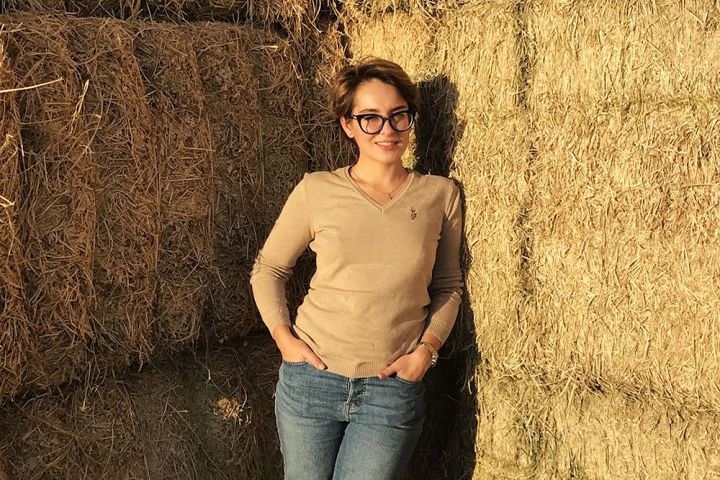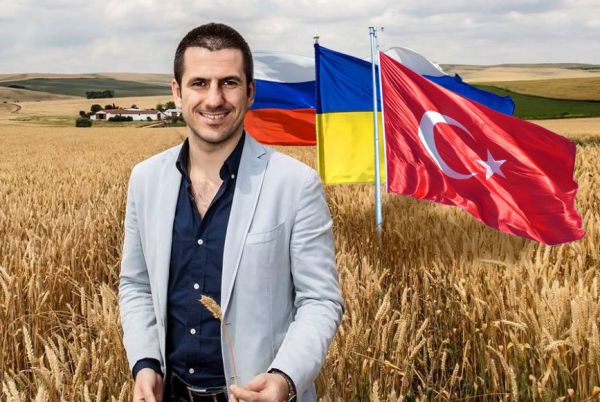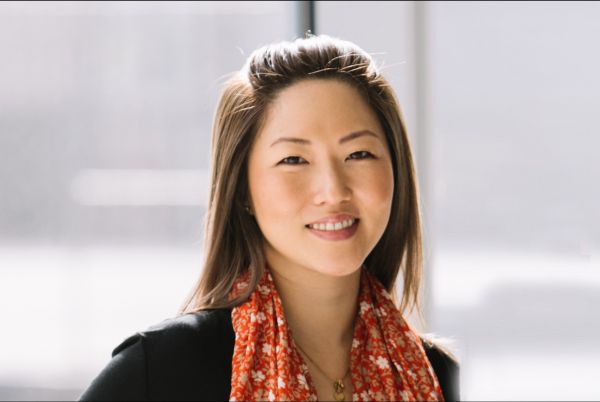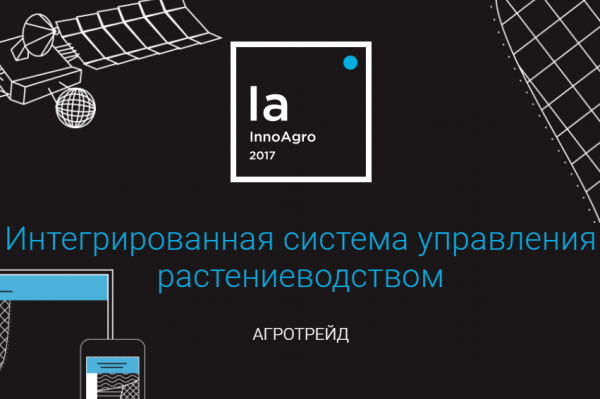Wheat in the Desert Operation — Al Dahra Holding Experience
Do you think it is difficult to grow wheat in a risky agriculture environment? How about an extra challenging task — to harvest yield in North Africa sands? This is how an Al Dahra Holding’s African project began, an international company from the U.A.E. with the head office in Abu Dhabi. The total amount of land this agroholding occupies is close to 150 thousand hectares.
In this exclusive interview with the Head of the Al Dahra Holding Precision Agriculture department Juliette Efendieva during the intensive training program Cropio Camp 2018 Latifundist.com had a chance to dig into the history of desert farming and to learn about the plans of the Arabian investor regarding the Black Sea region.
Latifundist.com: Juliette, you were introduced to us as an expert with the unique experience of preparing African sandy soils for growing wheat. What was your previous experience?
Juliette Efendieva: I used to work as a supervisor of precision agriculture department in the Agroinvest company. My first project was called Toshka. It was named after a regional lake. Within this project, I implemented an irrigation system in the fields.
Latifundist.com: Tell us, please, how did the wheat project of the Al Dahra Holding in Africa start?
Juliette Efendieva: There used to be a desert where our fields are now. We had to build everything from scratch, starting with the road. Thanks to the irrigation channel, which is nearby, an irrigation system was carried out for each field. At the same time, we save a lot. For instance, the company has installed solar panels in the region, the energy of which is used by everything that is working there.
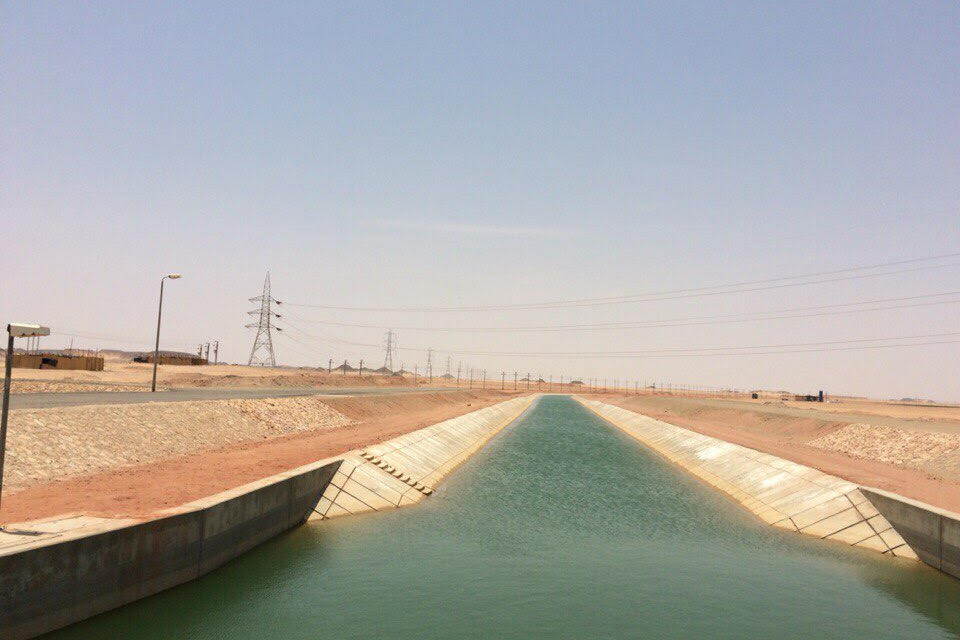
Latifundist.com: So, is there a completely sandy soil?
Juliette Efendieva: Yes, there is.
Latifundist.com: Can you actually grow wheat and other crops in such conditions?
Juliette Efendieva: Yes, we can. But, our project is new, so we only grow lucerne. Although you can cultivate everything by applying a technology, which is used in Egypt on a sandy soil. So, you need to grow lucerne for 5 years in a row — it will prepare the soil during this period. Then you can even sow wheat. Perhaps we will grow something different in three years, but there is a chance that lucerne will remain our main crop.
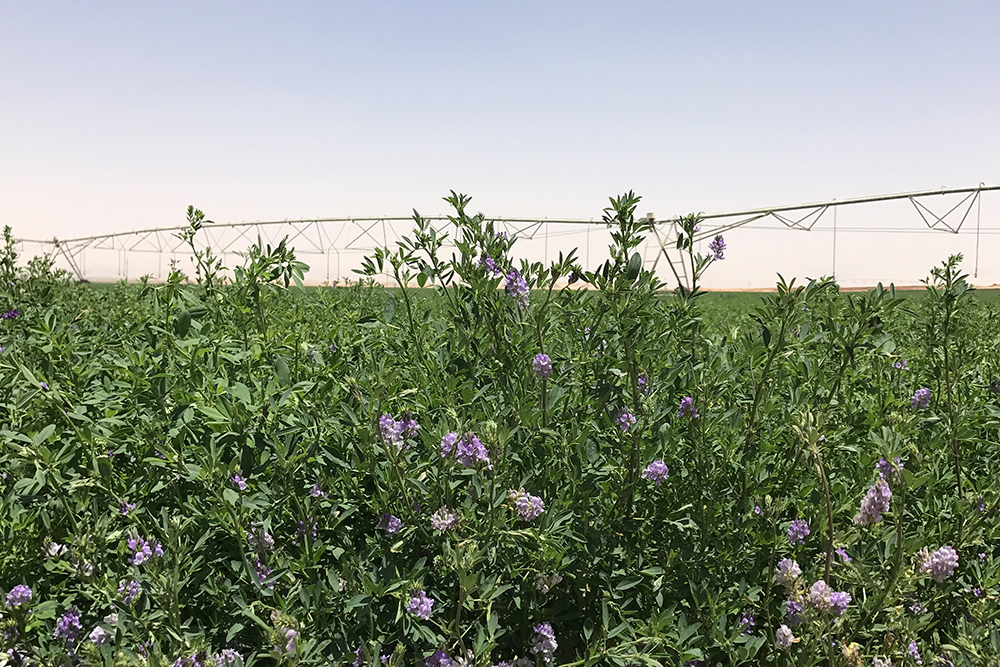
Latifundist.com: What do you use lucerne for?
Juliette Efendieva: Lucerne is a good food for livestock. That’s why we export the produce grown. We pack it in bales and send it for sale to the United Arab Emirates, and part of the crop is sold in Egypt. One of the biggest contracts was signed between us and Adafk company. Moreover, part of the lucerne is bought by the Danone subsidiary in Egypt.
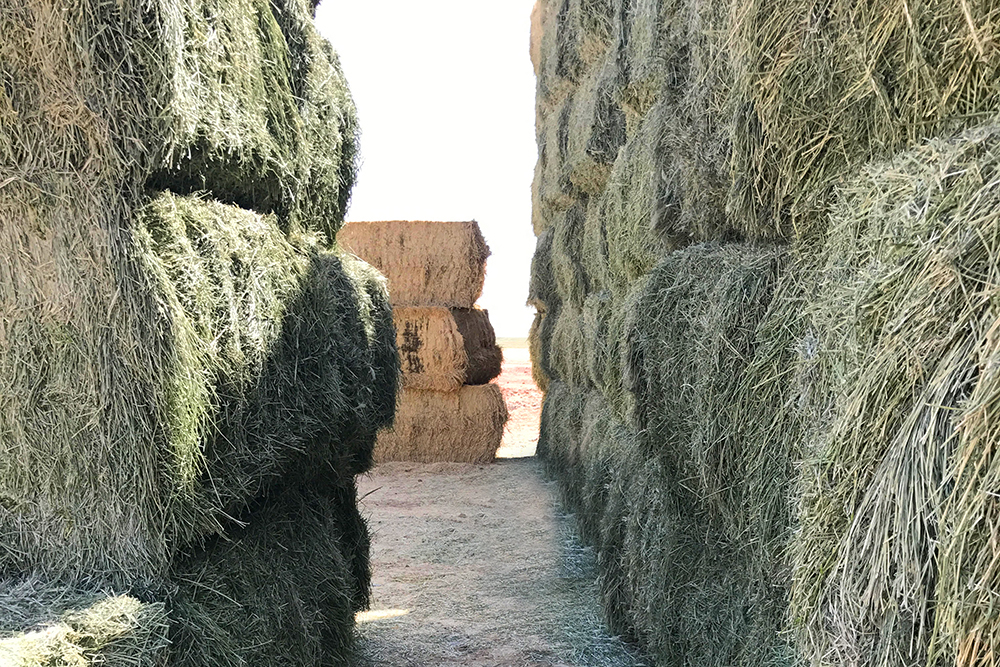
Latifundist.com: At what stage is the irrigation project you are currently managing now?
Juliette Efendieva: We’ve been doing this program for 2 years already. The covered area is 8 thousand hectares, where 177 Valley irrigation stations are located. We have three farms. One is for lucerne, the second one is for oranges, and the third — for lucerne, wheat and potatoes.
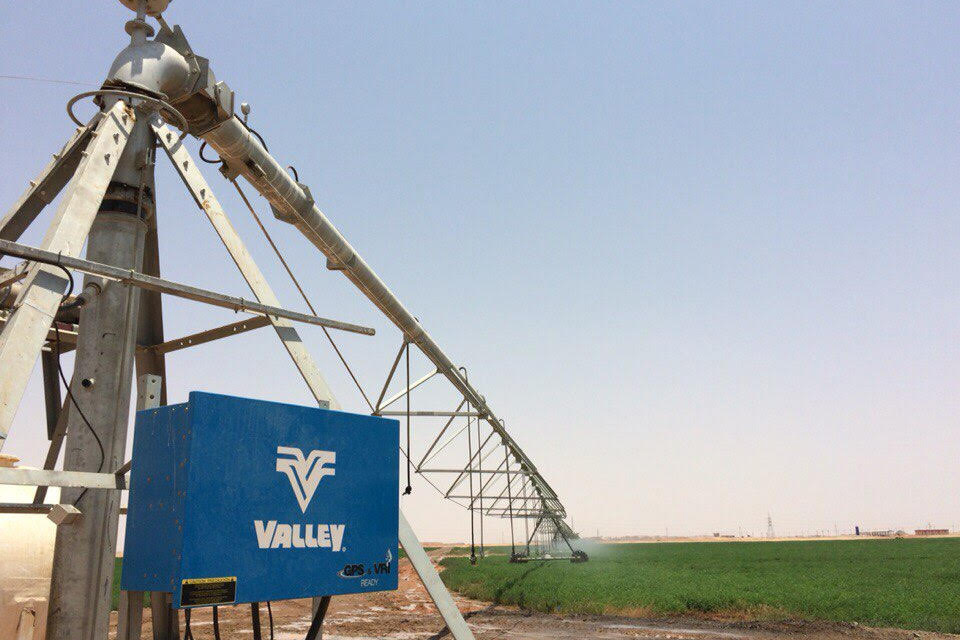
Latifundist.com: It’s one of the three companies of Al Dahra Holding in Egypt, isn’t it?
Juliette Efendieva: That’s right. The second one, located in Egypt, covers 5.5 thousand hectares, and a company in the neighbourhood of Salheya city covers about 2.5 thousand hectares.
Latifundist.com: Does Al Dahra Holding have land on other continents?
Juliette Efendieva: It is a pretty large company. It has lands in Europe: Greece, Italy, Spain, Serbia, and Romania. It is also planning on buying land in the Black Sea region. There are also agricultural assets in the U.A.E., India, Pakistan, Vietnam, Australia, Brazil, the United States, North (Algeria, Morocco, Egypt, Sudan) and South Africa.
Latifundist.com: Where is the head office located?
Juliette Efendieva: The head office is located in the U.A.E., Abu Dhabi. Rice processing factories are also there.
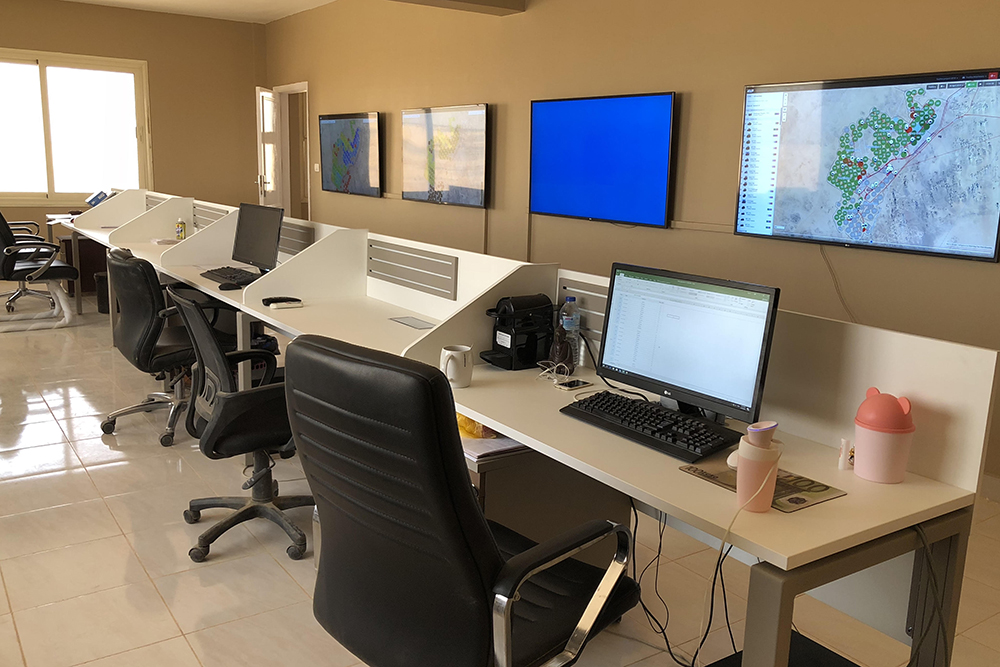
Latifundist.com: Do you have a multinational team?
Juliette Efendieva: Yes, there are many Egyptians, South Africans, English people. Our management is represented by Egyptians in the head office in Cairo, but in every household, in fact, the general directors are English people or South Africans.
Latifundist.com: Let’s go back to the farms. Are they all located around the Nile River?
Juliette Efendieva: Yes, all agriculture is concentrated around the Nile River. People settle there because you simply will not survive in the desert. Our farm is located near a pretty big lake Nasser, from where water is drawn for irrigation.
Latifundist.com: What is the specificity of your job? You are working with irrigation, right?
Juliette Efendieva: I am managing a precision farming direction. As part of this work I initially introduced a satellite crop monitoring system Cropio in our enterprises. It already operates successfully in all three of our enterprises. Although not all the modules work fully.
For instance, a Telematics module is already connected, but so far no tasks have been created. We are planning on integrating our farms in other countries into the system since we have a lot of fields and they need to be monitored effectively. In addition, I control the irrigation system in the company.
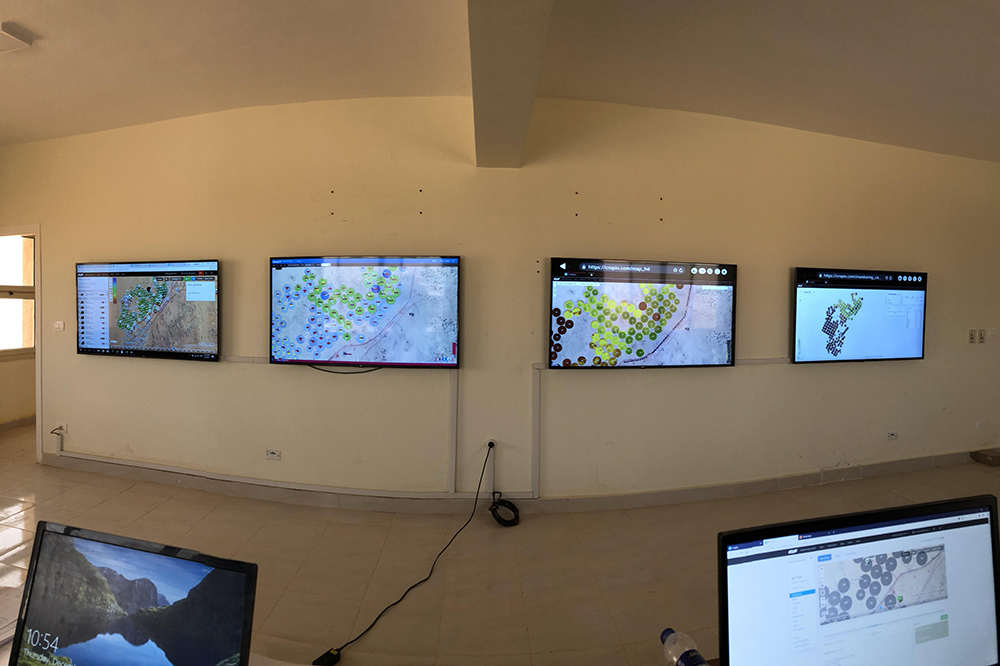
Latifundist.com: Do you have circular installations?
InnoAgro: Integrated Crop Management System
Juliette Efendieva: We use Valley circular installations and BaseStation system — Pivot navigation. Initially, the entire irrigation procedure took much more time and was costly. You were supposed to get in the car, go to the station, turn on Pivot, and install the navigation. Now it’s just one click of a button. Moreover, all the gusts and floodings could be recorded only visually (when passing by) before. Thanks to the new installation, we receive all the information on the spot. If something happens, Pivot stops automatically and you receive an alert about the problem. One more advantage of this system is that we can also control the water flow.
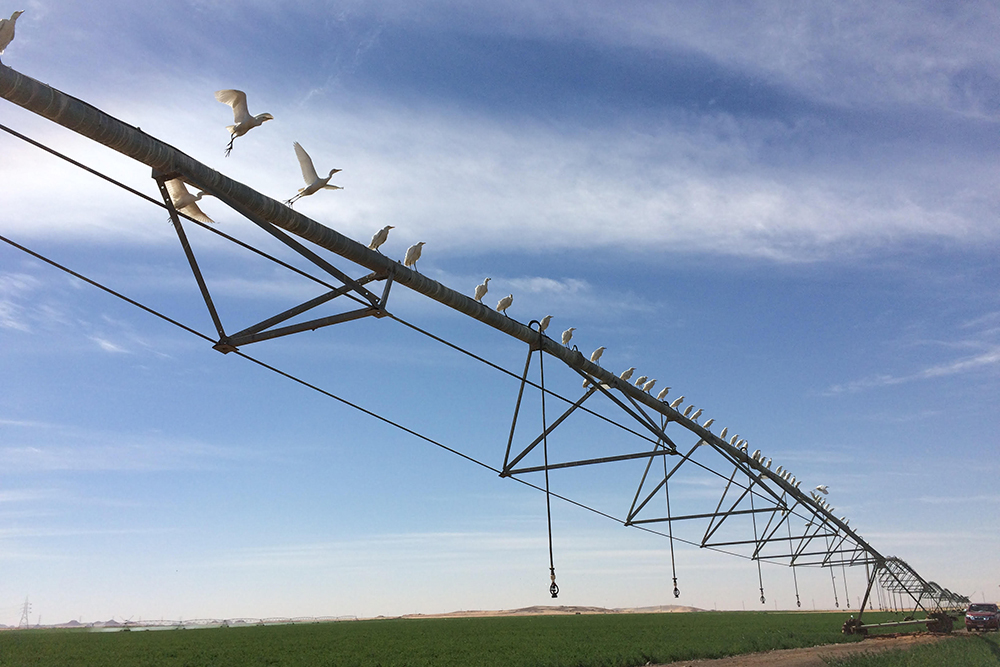
Latifundist.com: Is there a good return on investments? Wouldn’t it be easier to do farming in Ukraine, for instance?
Juliette Efendieva: Toshka is a young project, it is still receiving a lot of investments and it’s not finished yet. But we are on the final stage already. As an example, there is a farm, which works longer than we do and overfulfils the work plan by 40%. It’s true that we are making it even at this point, however, other companies are making profits. Another possible reason for that is Egypt’s maintaining low prices.
Latifundist.com: Egypt is an import-dependent country, but Africa today, in general, has not only started to do import replacement but also has begun to think about increasing production. Is that right?
Juliette Efendieva: Today, during the negotiations, we emphasize that Africa needs to deal with agriculture and its own production. Our project is aimed at a fruitful cooperation between the U.A.E. and Egypt, which is beneficial for both countries.
Latifundist.com: It is interesting to learn more about the African market. What was your experience during 2 years of work? How is the business done there? There is a theory that Ukrainians don’t want to cooperate with Africans because of being afraid of cheating.
Juliette Efendieva: It’s a myth. But one thing is true — in the Middle East, business is different, people are different, definitely more laid-back. You have to push them, otherwise, it will be difficult. This is both about Egypt and the U.A.E.
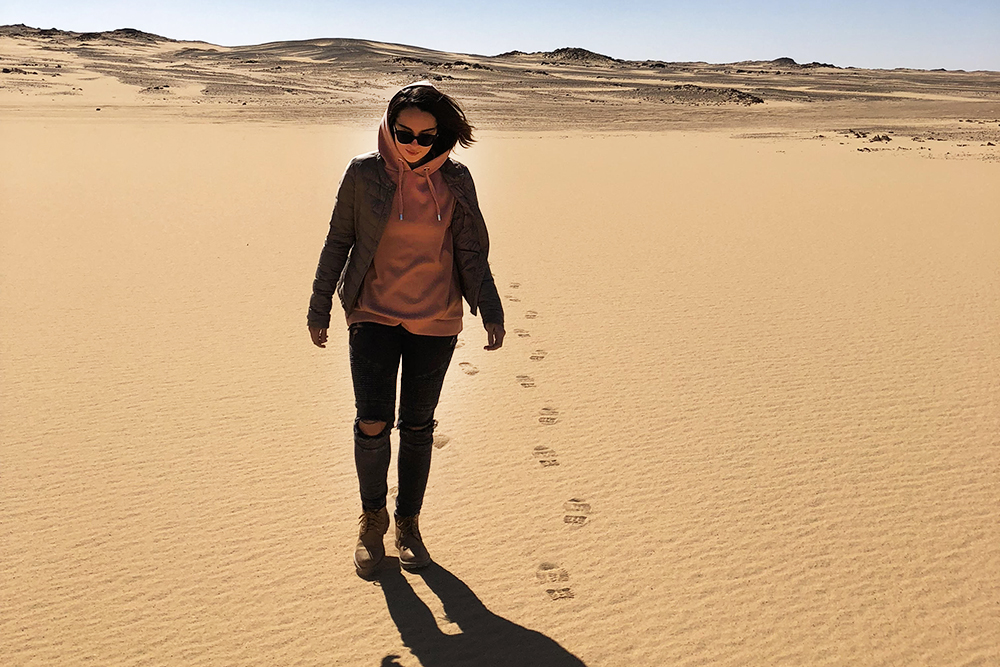
Latifundist.com: You mean if we agreed on a meeting at 12, we shouldn’t be expecting it to happen in time?
Juliette Efendieva: If, for instance, you agreed to meet at 8 a.m., it will be at least at 8.10 a.m. Although, it’s not that complicated there. I also used to think of them as lazy people, but it turned out they are very smart and motivated. It probably depends on a person.
Latifundist.com: There was a time in medieval England when people opposed the creation of the very first sewing machine being afraid of losing their employment. Eventually, the Queen shut the project down. Egypt may also be considered a conservative country. This brings up a question regarding the precision farming and a strict field control: can this possibly cause some opposition?
Juliette Efendieva: It is true, I am familiar with these historical facts. The real thing is that work control is not about the desire to catch someone making an error. It is the other way around — we want to determine where mistakes are made and fix them in order to render a more productive performance.
Egypt did not oppose this system, the government decided to implement this structure. Agrarians were all in on it — they actively use new technologies in their work. We had shown them some examples and told them how long it takes our drivers to complete their work on one hectare of land, using the same machinery. People did not believe us at first, they said it was impossible. Then, we showed them specific examples. When we compared the data from August of 2016 and February of 2018 — the machinery performance improved by 70%, and the operating time increased by 40%.
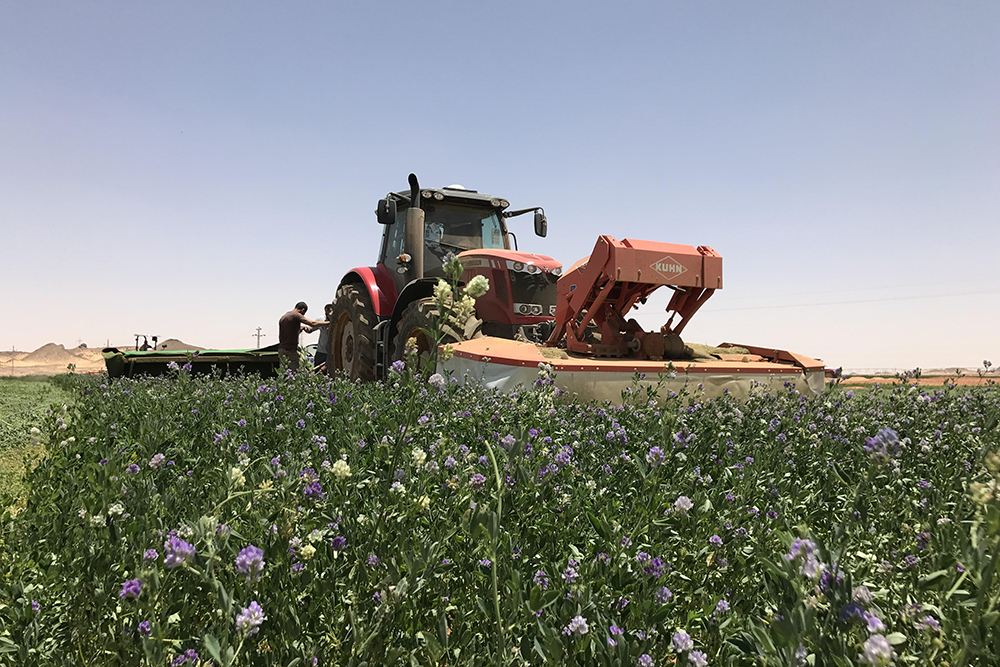
Latifundist.com: There is a number of companies in Ukraine that work on the systems that prevent the fuel theft and break-ins. Do you use similar security services? Or, is there no theft involved in this area?
Juliette Efendieva: At this point, we do not use a system like that, but we are planning on implementing one in the future, as we believe it is important. Although, I cannot really say that theft is common in Egypt. For instance, let’s look at the diesel fuel. In Russia, for example, one can easily resell the stolen fuel to a neighbour’s farm. Here everything is in the open, everybody sees everything. Reality is, we are somewhat isolated. We are surrounded by the desert, the closest village is 50 km away. That is where we buy provision. We live on the project grounds in the houses built specifically for the project. I am used to it, it is very exciting to be here.
Latifundist.com: Thank you for the inside peek into the African agricultural reality.
Aleksey Beskletko, Anna Ombodi, Latifundist.com

